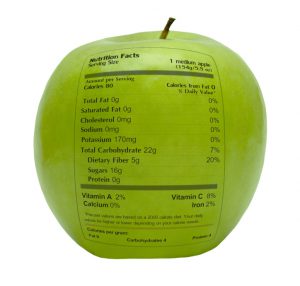The right to reliable (food) information

Viewpoint by André Boorsma (TNO, NL)
in 2015, Google announced a remarkable initiative searching for medical information. Instead of their page-ranking algorithm, a method determining the importance of a website, based on numbers and quality of links is used. Medical information is part of the knowledge graph; boxes of information posted at the side of the search results.
This information is compiled, curated and reviewed carefully by a team of medics, according to Google product manager Prem Ramaswam who leads the project. This was a good initiative, given on-going discussions about vaccination in the US and Europe, which was fuelled by widespread misinformation online. Reliable scientific information that is accessible (readily understood) is essential. This is especially true for information about food, diet and nutritional advice. Robust sources of food and nutrition information are available, but sometimes hard to find.
One of the ambitions of QuaLiFY was to provide access to scientifically validated data. A field-lab was set up in the Netherlands providing personal dietary advice for type-2-diabetics. The dieticians involved were interested in accessing standardised, scientifically validated nutritional advice, which they could use as a foundation of their work. QuaLiFY worked to build a platform (Quisper®) where scientific validated information about diet and health, particularly nutritional advice, was available. In the future, this could be the basis for online information about food and nutritional advice.
